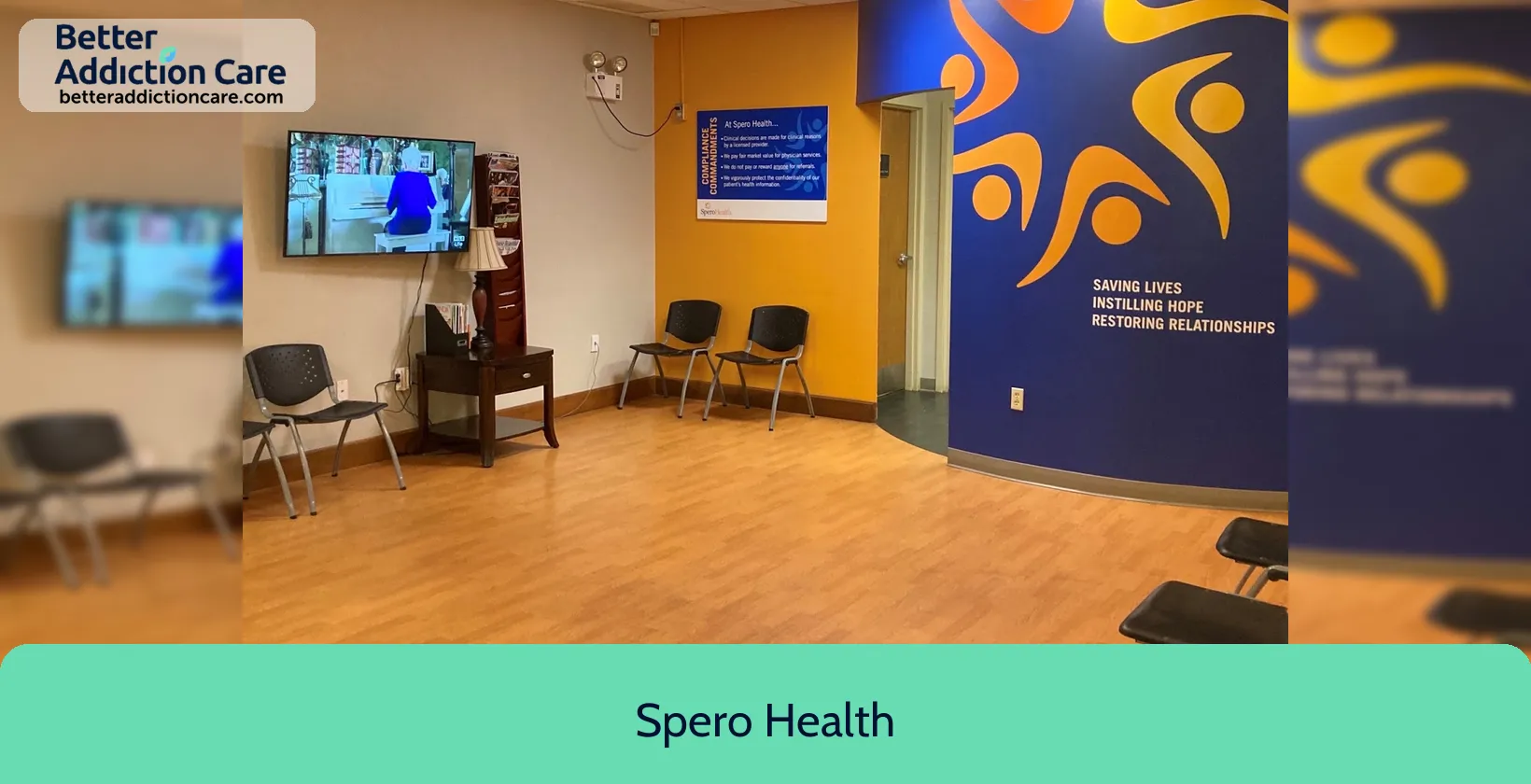
Overview
Rigel Recovery Residential Services is a mental health treatment center for people seeking treatment near Washington County. As part of their treatment modalities for recovery, Rigel Recovery Residential Services provides individual psychotherapy, cognitive behavioral therapy, and telemedicine/telehealth therapy during treatment. Rigel Recovery Residential Services is located in Marietta, Ohio, accepting medicaid for treatment.
Rigel Recovery Residential Services at a Glance
Payment Options
- Medicaid
- Federal, or any government funding for substance use treatment programs
- Payment assistance (check with facility for details)
- Cash or self-payment
Assessments
- Screening for tobacco use
- Comprehensive mental health assessment
- Comprehensive substance use assessment
- Outreach to persons in the community
- Screening for mental disorders
Age Groups
- Seniors or older adults
- Young adults
- Adults
- Seniors
Ancillary Services
- Case management service
- Court-ordered outpatient treatment
- Family psychoeducation
- Psychosocial rehabilitation services
- Mental health services
Highlights About Rigel Recovery Residential Services
7.17/10
With an overall rating of 7.17/10, this facility has following balanced range of services. Alcohol Rehabilitation: 8.00/10, Drug Rehab and Detox: 7.85/10, Insurance and Payments: 6.00/10, Treatment Options: 6.85/10.-
Alcohol Rehabilitation 8.00
-
Drug Rehab and Detox 7.85
-
Treatment Options 6.85
-
Insurance and Payments 6.00
Accreditations
State mental health department:
State mental health department accreditation refers to the process of evaluating and certifying the quality and standards of a state's mental health department, ensuring that it provides high-quality services and meets specific criteria for mental health care. The accreditation process is performed by a third-party organization and helps to improve the overall care and treatment of individuals with mental health conditions.
State department of health:

Government agencies issue State Licenses, granting rehabilitation organizations permission to operate their businesses legally within specific geographic regions. The licenses needed for legal operation are typically determined by the type of rehabilitation program offered by a facility and its physical location.
Treatment At Rigel Recovery Residential Services
Treatment Conditions
- Alcoholism
- Mental health treatment
- Substance use treatment
- Co-occurring Disorders
Care Levels
- Hospital inpatient treatment
- Short-term residential
- Long-term residential
- Residential detoxification
- Aftercare
Treatment Modalities
- Individual psychotherapy
- Cognitive behavioral therapy
- Telemedicine/telehealth therapy
- Substance use disorder counseling
- Group counseling
Ancillary Services
Additional Services
- Pharmacotherapies administered during treatment
- Mentoring/peer support
- Breathalyzer or blood alcohol testing
Special Programs
- Clients with co-occurring mental and substance use disorders
- Veterans
- Clients who have experienced trauma
- Persons with post-traumatic stress disorder (PTSD)
Get Help Now
Common Questions About Rigel Recovery Residential Services
Contact Information
Other Facilities in Marietta

7.48

6.74

7.00

7.52
DISCLAIMER: The facility name, logo and brand are the property and registered trademarks of Spero Health, and are being used for identification and informational purposes only. Use of these names, logos and brands shall not imply endorsement. BetterAddictionCare.com is not affiliated with or sponsored by Spero Health.
